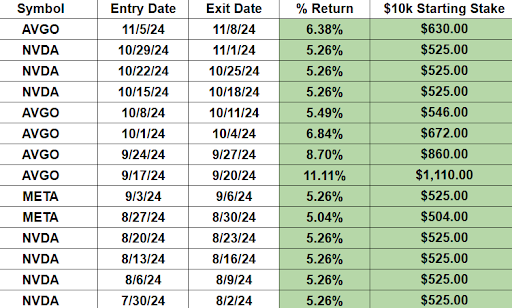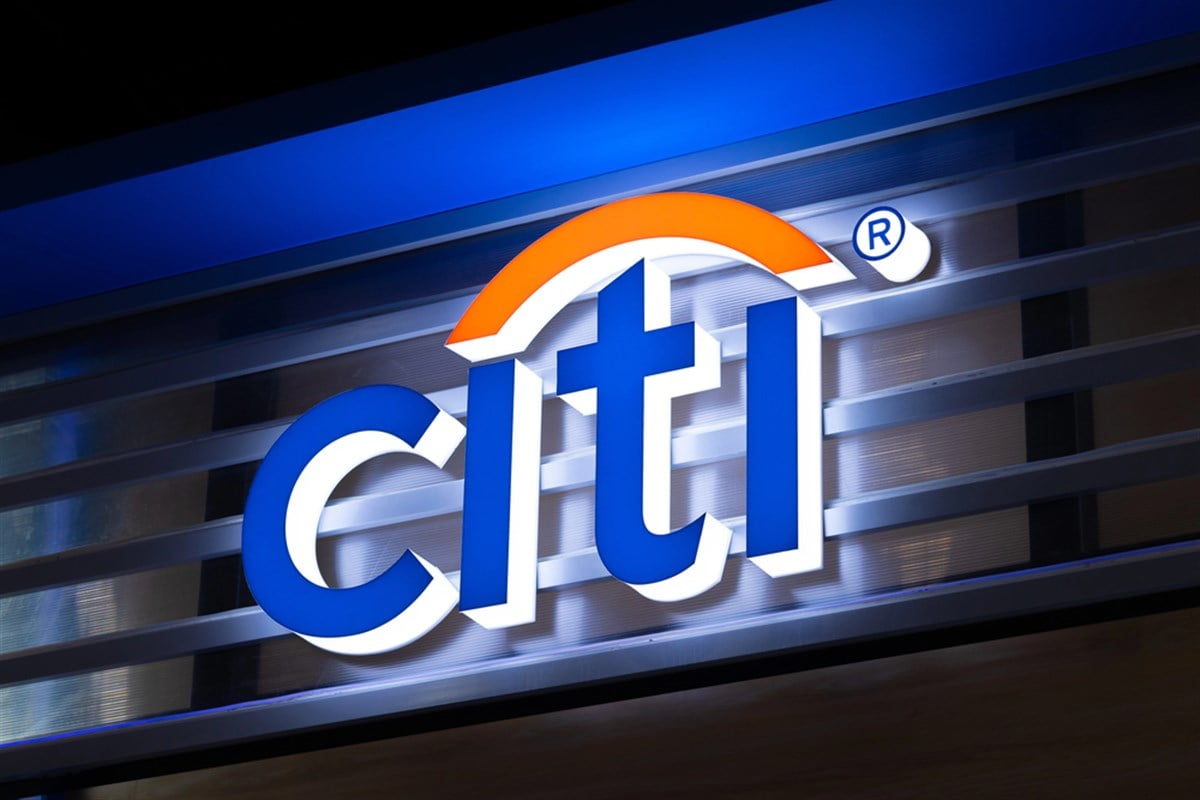From our partners at Jack Carter Trading The average household spends almost $6,500 every month in expenses… 
I’m talking about things like healthcare, food, transportation… Clothing, electricity… Just the bare necessities. Meanwhile, the average monthly income in the United States is only $4,935 a month… If we’re being honest that’s a huge income gap many folks can’t fill right now… But that’s exactly why I’m on a mission… To show a small group of people today exactly how they could start targeting an extra $500 or more week after week($10k starting stake)… Step-by-step. Starting right now. As a matter of fact, in the last 4 months, we’ve been doing just that with consistent success. 
While I cannot promise future returns or against losses… Please get this… I’m not pitching you on some boring, slow-growth dividend strategy… Neither is any of this about bonds, risky naked options or even gold. But as you’re about to see, it all comes down to placing one of these “2-Step Trades” each and every week… Whether you’re starting with $1 million in your retirement account… Or just ten grand… None of that matters. But you don’t have to make a decision immediately… Instead, watch me place one of these “2-step trades” live - before your very own eyes
By clicking the link above you agree to periodic updates from ProsperityPub and its partners (privacy policy) Then you can decide after that… Trade well, Jack Carter
For Your Education and Enjoyment Citigroup Earnings Could Signal What's Next for MarketsWritten by Gabriel Osorio-Mazilli 
Key Points - Citigroup's quarterly earnings show investors a resilient future for the stock market, backed by potentially lower interest rates from the Fed.
- Strong M&A activity suggests there may be undervalued opportunities in the mid-cap space of the market.
- Wall Street sees a strong financial sector, so it pushed for an additional double-digit upsdie in Citigroup.
When it comes to earnings season, few sectors matter as much as the financial sector. Considering that banks, both commercial and investment banks, hold the bulk of data on consumer and business activity, it is essential for investors to monitor what is being reported and its implications for the broader United States economy, as well as the average consumer. This time around, Citigroup Inc. (NYSE: C) is reporting its business figures and other key metrics for the recent quarter, which matters because this is one of the largest commercial banks in the United States, with a significant footprint in the investment banking business as well. Digging into what exactly happened this quarter may give investors an idea of what they can expect moving forward. Understanding the current theme in the credit, consumer, and business cycles can be a valuable tool for generating new investment or trade ideas in the future. With today’s uncertainties driving the broader S&P 500 to a halt at its all-time highs, it is more important than ever for investors to know where their portfolios stand and whether any changes need to be made. Interest Rates May Take a Turn Citigroup’s quarterly earnings release shows investors a net interest income (NII) of up to $15.2 billion for the bank. Compared to the same quarter last year, this figure represents a net growth rate of up to 12%, an above-average figure driven by an elevated interest rate environment. As the markets now ride higher on the expectation that the Federal Reserve will cut interest rates by the end of 2025, Citigroup’s management has also decided to adjust its future expectations regarding NII. According to guidance, NII is now expected to grow by roughly 4%, a third of what was recently achieved. This implies that if the Fed genuinely aims to lower rates, banks' interest income potential will be limited, potentially signaling a bullish outlook for the stock market. This could support continued upward movement towards new highs, as investors price in these rate cuts, similar to Citigroup's recent behavior. However, not all news from Citigroup is good news. Non-performing consumer loans rose by up to 49% over the year, meaning that more and more borrowers are nearing default on their credit lines. This directly speaks to the weakening state of the average consumer and a potential peak in the credit cycle. If this is the case, then any short-term volatility or downward moves in the S&P 500 will likely be short-lived, considering that a weakening consumer and business environment may prompt the Fed to act. Small Caps Are Cheap, So Citigroup’s Banking Numbers Suggest Now, when it comes to the investment banking side of the bank, an entirely different story is being told. Mergers and acquisitions (M&A) activity rebounded over the quarter to deliver a net 52% growth in fees, driven mainly by equity financing departments and markets. This means that more deals are being completed despite the high interest rates for financing an acquisition or merger, and this could be because some valuations are far from their intrinsic fair values. Considering that most of these M&A businesses fall within the small to mid-cap range, it could be a sign for investors to consider moving forward. This M&A activity and the price action could justify a relatively low valuation environment, as investors compare what the Russell 2000 index (covering small caps) has done relative to the S&P 500 or Nasdaq-100 index. This would make sense, knowing that lower interest rates tend to help smaller businesses the most, since they carry a bit more debt than usual in their balance sheets and are more dependent on flexible and accessible financing to grow their operations further. All told, the banking industry's health remains intact, as Citigroup has decided to boost its quarterly dividend payouts to $0.60 per share, or an annualized dividend yield of up to 2.5%, which is the current stock price. Citigroup would not have chosen to lay out even more capital in the form of dividends if any troubles were brewing in the background. A last testament to the strength and expected upside suggested by Citigroup’s results can be seen in the quick turnaround by analysts. Chris Kotowski from Oppenheimer reiterated his Outperform rating on the bank’s stock the morning after earnings came out, this time placing a $123 valuation on Citigroup in a new bullish call. From today’s prices, this new call would suggest a new 52-week high to be made, as well as a net rally potential of up to 36%, not a common event unless all the right fundamentals are in place, which they seem to be for Citigroup’s bullish case.
|
0 Response to "Expenses, Weekly Income & the 2-step trade"
Post a Comment